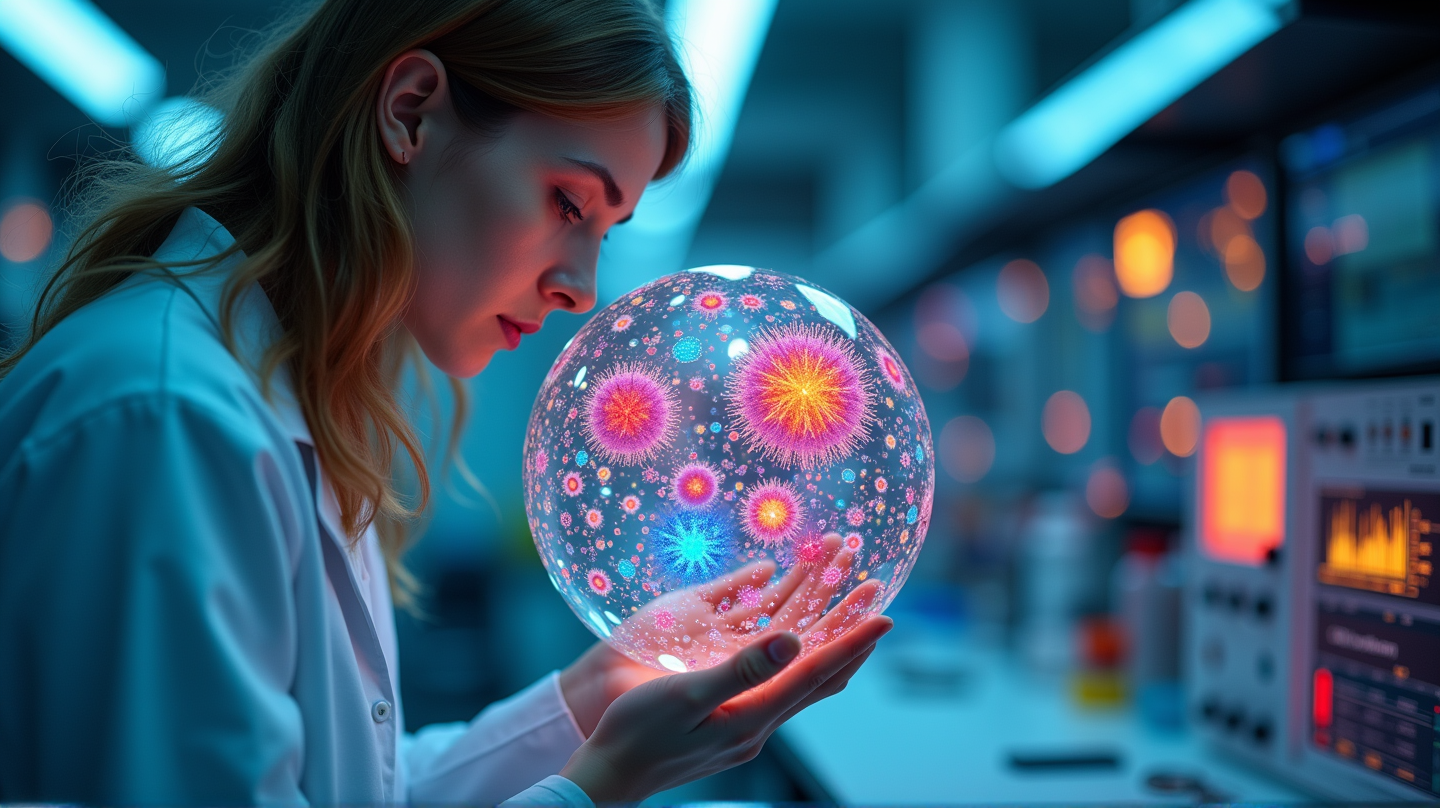The microscopic realm within our bodies harbors secrets of health and disease, long held in the language of gut microbes. Now, advanced AI is deciphering this intricate communication, unlocking potential for revolutionary medical treatments.
Unveiling the Microbiome’s Mysteries
Scientists at the University of Tokyo are at the forefront of this revelation, employing the Bayesian neural network VBayesMM to explore gut bacteria and their metabolic signals. Unlike traditional methods that often miss subtle connections, this AI provides more consistent insights, illuminating real biology behind gut bacteria’s interactions.
Mapping Metabolic Messages
Our intestines house about 100 trillion bacterial cells—outnumbering human cells. These microbes aren’t mere passengers; they engage in metabolic conversations that influence our metabolism, immunity, and even our mental state. Identifying specific bacteria that produce beneficial compounds can pave the way for custom medical interventions.
The AI Advantage
What sets VBayesMM apart is its Bayesian approach, adept at identifying bacterial influences on metabolites and reducing false conclusions. “Our method consistently outperformed existing models, demystifying complex biological systems,” said Project Researcher Tung Dang.
Challenges and Future Directions
Despite its prowess, VBayesMM faces limitations, such as computational demands and treating bacteria as isolated entities. However, these hurdles are being addressed. According to Project Researcher Dang, “Incorporating broader chemical datasets and refining bacterial interaction models will enhance VBayesMM’s efficacy, bringing us closer to clinical applications.”
Toward Personalized Treatments
The ultimate goal? To harness gut bacteria’s potential for personalized treatment plans, tailoring diets and therapies to individual microbiomes. Such advancements could transform healthcare, moving us from reactive to proactive medical strategies.
By decoding the hidden dialogue of our gut microbes, AI is not merely advancing science—it’s paving the way to a future where our healthscape is as unique as our microbiome. According to ScienceDaily, these insights could soon revolutionize how we understand and treat various health conditions.
